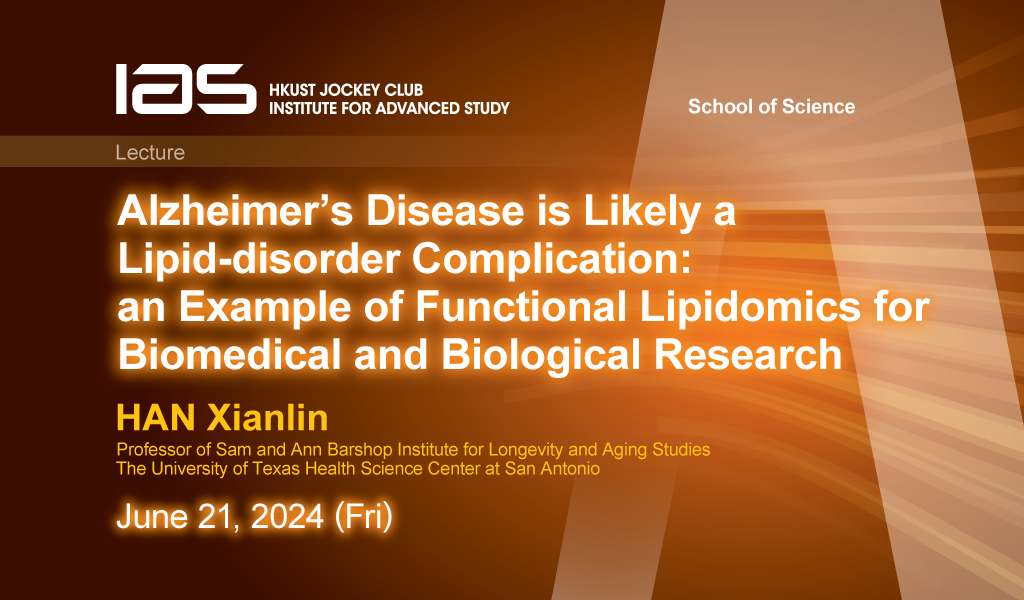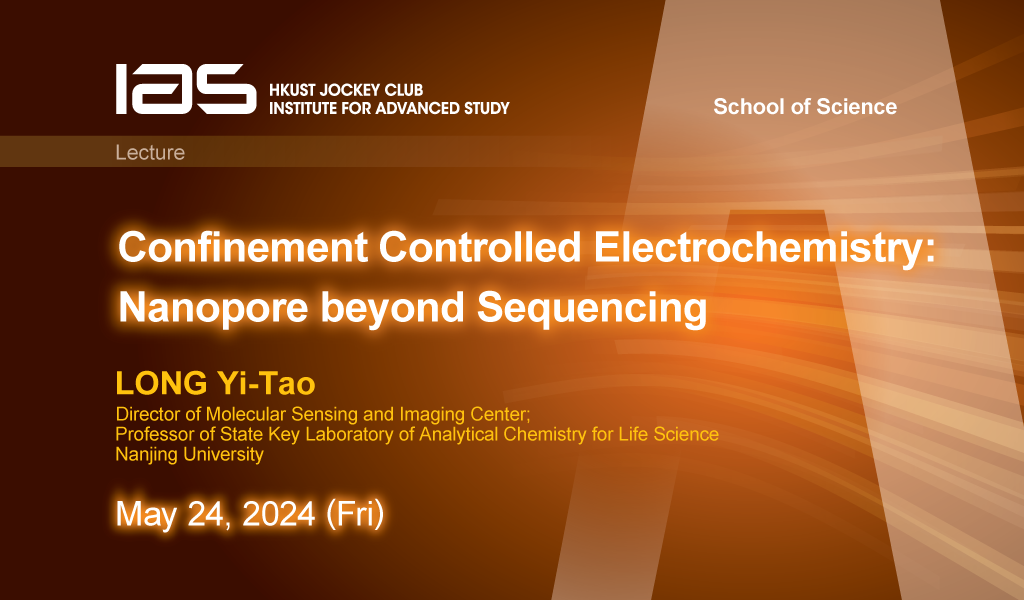Speaker: Prof. Yi Qin Gao
Institution: College of Chemistry and Molecular Engineering, Peking University
Hosted By: Prof. Ding PAN
Abstract
Classical molecular simulations have found many applications in a number of research areas such as chemistry, biology and material sciences, generating important data on structure, thermodynamics and kinetics for these systems. In this talk, we introduce a home made all-purpose MD simulation package, with implement of enhanced sampling methods, new and reliable methods for electrostatics calculations, and molecular models based on deep learning. With these methods, one can perform efficient mechanistic studies at the atomic level for slow processes such as ice-water phase transition and chemical reactions in condensed phases. We will also discuss how deep molecular models can be used in structure prediction and evaluation of proteins. Through these efforts, we try to generate a comprehensive package of structure prediction, molecule and sequence generation, structure evaluation, protein-drug docking and optimization, as well as dynamics simulations.
About the Speaker
Yi Qin Gao received his bachelor’s degree from Chemistry Department of Sichuan University in 1993, a master’s degree from Institute of Chemistry, Chinese Academy of Sciences in 1996, and a PhD degree from California Institute of Technology in 2001. Between 2001 and 2004, he was a postdoc at Caltech and then Harvard. In 2004, he became an assistant professor in Chemistry Department, Texas A&M University. Since 2010, he has been a Professor in College of Chemistry & Molecular Engineering, Peking University. He joined BIOPIC as a PI in 2013. He now serves as the associate dean of School of Science of Peking University and is an associate editor of the ACS journal JCTC.



